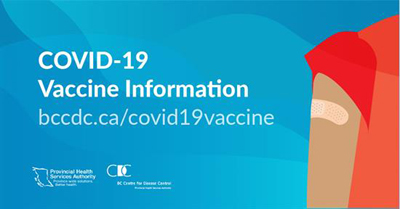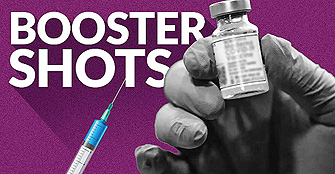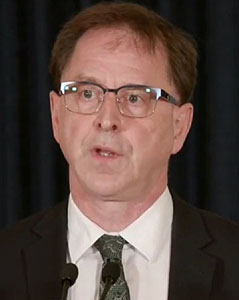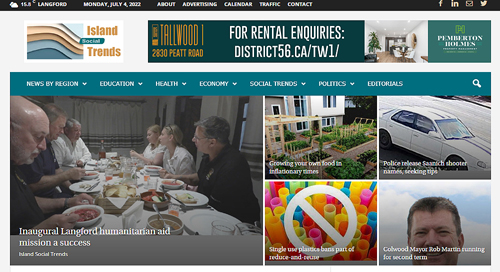Tuesday July 5, 2022 | VICTORIA, BC [Updated 11:11 am]
by Mary P Brooke, B.Sc. | Island Social Trends
In recent days, data has been released nationally that indicates a COVID Omicron wave coming this month and into August.
That will be followed by the usual fall respiratory illness season, when every winter viral illness makes a resurgence in the population.
What will BC Health do in the way of planning for this public health scenario?
“We are reviewing new guidance issued June 29 by the National Advisory Committee on Immunization (NACI) and their recommendations for additional COVID-19 doses, including boosters for fall 2022,” said the BC Ministry of Health in a statement received by Island Social Trends on July 4.
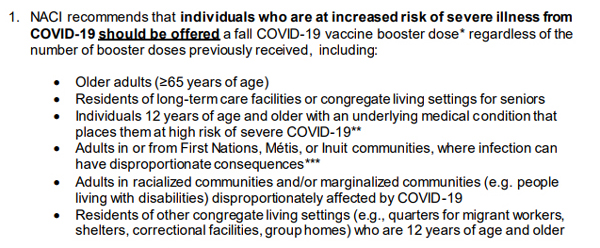
“The NACI recommendations will help inform our immunization planning and we will have more information to share in the coming days,” the BC Health statement reads.
“We continue to closely monitor COVID-19 and vaccine uptake in the province,” the Ministry says as well.
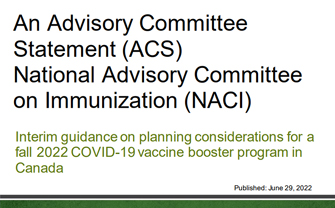
Spring boosters still available:
“Spring boosters (dose 4) are still available for those who are eligible. About 36% of those eligible have not yet received it. Approximately 1.29 million people who are eligible for their first booster (dose 3) have not yet received it,” says BC Health.
Eligibility for all COVID shots includes a recommended interval between the most-recent shot and the next one. Generally that is a 6-month interval, or otherwise just 3 months if a person is at heightened epidemiologic risk.
The recommendation from BC Health is this: “For seniors and the clinically extremely vulnerable, getting vaccinated, including the boosters, makes a significant difference in reducing your chances of contracting severe illness. We urge all British Columbians to book their vaccination, and/or booster, and make getting the vaccine part of their plans.”
Eligibility for fourth shot (second booster):
In BC, the fourth shot (second booster) is offered to anyone age 70+, as well as to people who are immunocompromised and deemed as clinically extremely vulnerable (CEV). Information about COVID vaccines on the BC Centre for Disease Control website provides more detail.
NACI recommends that all other individuals 12 to 64 years of age may be offered a
fall COVID-19 booster dose regardless of the number of booster doses previously
received.
Summer respite:
A few months ago, Provincial Health Officer Dr Bonnie Henry issued an edict that people should be able to relax for a few months after the pressures of two years of public health orders and restrictions.
Yesterday, the health ministry referred to that as a “respite”, though for many there still lies worry about what comes next. Workplaces and schools will see people back indoors again in September and into the winter months. The SARS-CoV-2 virus keeps mutating; currently the Omicron variant is on its fourth and fifth mutations (BA.4 and BA.5).
Boosters still help:
“For those enjoying this respite from two-plus years of COVID-19 restrictions, COVID-19 fears and a health care system overwhelmed by COVID-19, and want it to continue, get vaccinated including your boosters,” is the recommendation from BC Health.
That’s even though pubic health data is showing that BA.4 and BA.5 are evading the current booster shots. There is some protection, but not to the same degree as for working against previous COVID variants. However, the general advice from Canada’s Chief Public Health Officer Dr Theresa Tam last week is that there will be less incidence of severe illness, hospital and death if people are vaccinated.
“People may not feel the urgency to get a booster vaccine, however we know getting the booster provides you with more protection against severe illness and long COVID-19 over the long term,” says BC Health.
Supply is good:
“We have enough vaccine and appointments in B.C. to meet demand for all vaccines (dose 1, dose 2, booster, spring booster, kids 5 to 11),” says BC Health.
Bivalent supply:
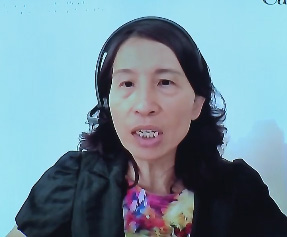
It is still unknown whether Health Canada will have approved any bivalent vaccine products (i.e. targeting an immune response specifically for new variants as well as the original SARS-CoV-2) in time for the fall 2022 respiratory season. BC Health did not respond to Island Social Trends on this particular point.
Last week Dr Tam said that manufacturer’s product data for any possible bivalent COVID-19 vaccines had not yet been received by Health Canada from Pfizer or Moderna. It was said with a sense of plea: Canada sure hopes this is the product we can get to deal with the Fall 2022-Winter 2023 COVID season.
BC Fall COVID immunization rollout:
Today BC Health Minister Adrian Dix said that a fall COVID vaccine rollout will be designed around the types of vaccine products that are available. It will look different (likely more robust and targeted to a broad range of British Columbians) if any new bivalent products (targeting latest Omircron strains) are available.
Dix said Dr Penny Ballam is leading the fall 2022 COVID immunization rollout. Influenza vaccination will also be promoted, said Dix to media today.
Airborne illness:
COVID-19 is a respiratory disease. It is spread by way of airborne droplets. The COVID variants that have emerged over the now 28 months of pandemic (the COVID-19 global pandemic was first declared March 11, 2020) have mastered immune-response evasion.
While full public health orders are unlikely to be applied again in BC or anywhere across Canada (due to the deleterious social and economic impacts), it will be just good common sense to wear a medical-quality face mask in indoor spaces and when in close air-sharing proximity to others who we aren’t in regular daily contact.
BC COVID update:
The weekly COVID BC update for June 19-25 (as posted by BC Health): •620 new cases reported, for a total of 374,594 cases •169 hospitalizations, for a total of 24,459 •17 deaths, for a total of 3,747.
Nationally, hospitalizations due to COVID are up this month. A COVID wave (primarily due to the BA.5 variant) is expected in July and into August.
===== RELATED:
COVID Year 3: Dr Henry’s spring-time update (April 6, 2022)
COVID after two years: orders lifting, fewer media sessions (March 10, 2022)
Might seem like an endemic but COVID pandemic not over yet (January 21, 2022)




